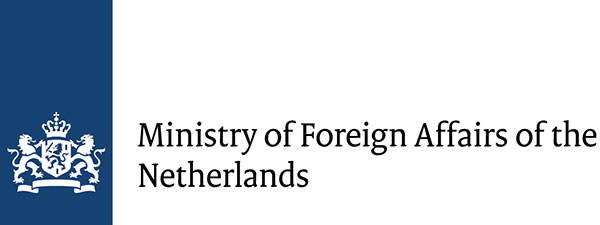1.1 How does your state implement UNSCRs on sanctions through your domestic legal framework?
Rationale and References
Article 25 of the UN Charter obliges member states to comply with the decisions of the UN Security Council. The success of measures taken by the UN Security Council under Article 41 largely depends on whether they are implemented effectively at the national level and give effect to resolutions through legislative, regulatory, and administrative action. Furthermore, 'rigorous design, monitoring and compliance with the agreed terms of such embargoes can contribute significantly to the promotion of international peace and security, and to the respect of a wide range of human rights and fundamental freedoms as required in international law' (Wood, 2006b, para. 1, p. 1).
Examples
Some states' constitutions stipulate that legal obligations resulting from international treaties (including UNSCRs) to which the state is a party are in themselves an integral part of the legal system. Others have adopted legislation specifically designed to transpose UNSCRs (including on sanctions) into the domestic legal framework (often referred to as a 'UN enabling act' or a 'UN act').
Some states transpose UN Security Council sanctions resolutions into the domestic legal order on a case-by-case basis through legal instruments such as cabinet orders, ministerial ordinances, presidential decrees, or executive orders. The choice of these legal instruments often depends on the legal nature of the resolution, the domestic legal structures, and the relevant domestic laws and regulations.
Indicative questions
- 1.1.1. Does your state have a UN act that authorizes the creation of relevant secondary legislation, such as regulations and decrees, with respect to each UNSCR?
- 1.1.2. Does your state have a non-proliferation act that authorizes the creation of relevant secondary legislation, such as regulations and decrees, with respect to each UNSCR?
- 1.1.3. Does your state have an arms transfer or conventional arms control act? If so, does this act include arms embargo prohibitions or criteria and/or related regulations or policy guidelines?
- 1.1.4. Does your state consider the international treaties to which it is a party as forming an integral part of its domestic law without the need to enact any further legislation?
- 1.1.5. Has your state established the legal basis allowing for the protection of private sector entities under its jurisdiction from liability for claims arising from their compliance with sanctions resolutions?






